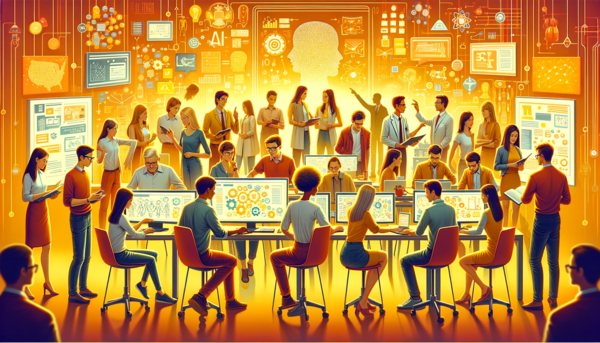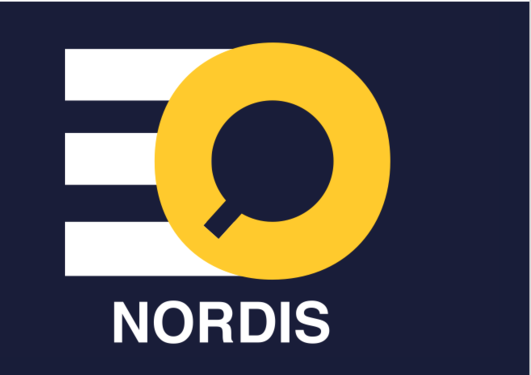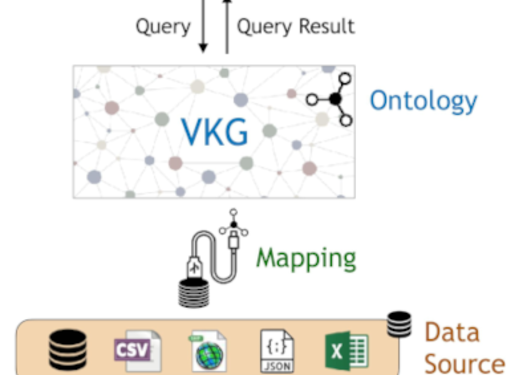
The mission of the Intelligent Information Systems (I2S) research group is to address the growing importance of artificial intelligence techniques in information systems research and practice.
Our objective is to study the foundation, development and evaluation of information systems (IS) that employ artificial intelligence (AI). In particular we investigate how artificial intelligence can be responsibly used for industrial development and a sustainable welfare society. Central techniques for us are deep learning, image analysis, knowledge graphs, ontologies, machine learning, and natural-language understanding.
We study intelligent information systems from a broad range of ICT perspectives, such as: artificial intelligence, computer science, cognitive science, computational linguistics, data science, information science, information systems, and software engineering. We aim to combine research methods from data science, design science research, and information retrieval.
A particular research focus is intelligent information systems for the media sector, for example for news production. We cross-fertilise our research with investigations of other application areas, such as: multimedia forensics, decision making in health IS, personal data analysis, and sustainability in the fisheries. In our targeted areas we aim to establish ourselves among the foremost ICT research groups in Europe and the world. We aim to be the nationally preferred place of studies for societally engaged ICT students.


